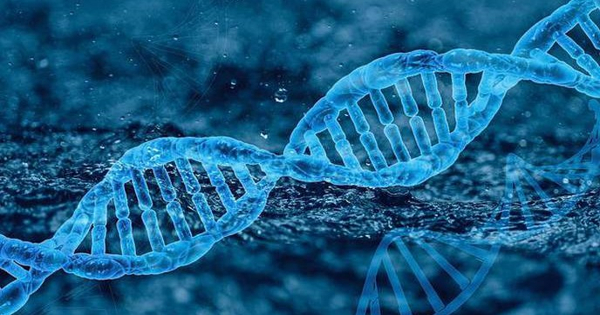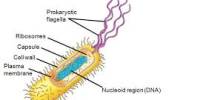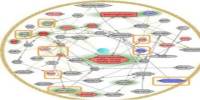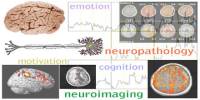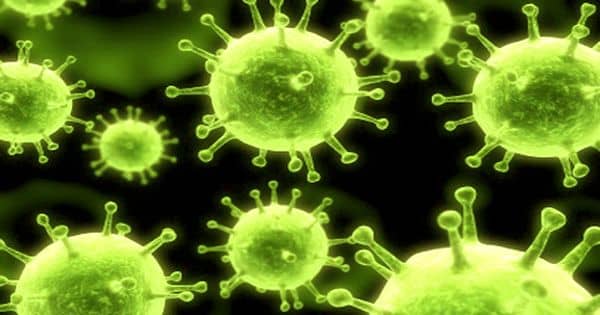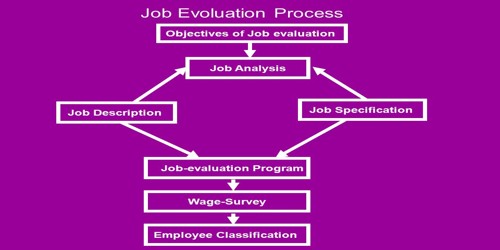According to a new study, modest genetic changes can alter the ability to use the energy of certain nutrients. This study demonstrates how dietary planning based on genetic data can help to advance the creation of tailored nutrition for health.
At two levels, nutrients and genetics interact. Individual phenotypes can be altered by nutrient-induced gene expression. Single nucleotide polymorphisms in a variety of genes involved in inflammation and lipid metabolism, on the other hand, modify the bioactivity of essential metabolic pathways and mediators, as well as the ability of nutrients to interact with them.
Carbohydrates, proteins, and lipids are all necessary nutrition for all creatures. However, nutritional differences between species, communities, and individuals can be substantial. Researchers from Australia, Denmark, and Finland collaborated on an international study to investigate how individuals from the same community varied in their ability to thrive on different diets.
The researchers used a genetic reference panel made up of approximately 200 closely related fruit fly strains (Drosophila melanogaster). The flies were fed six different diets that were heavy in protein, sugar, starch, coconut oil or lard, or a combination of sugar and lard. The strains employed in the study had their genomes fully mapped, allowing the researchers to attribute the variations observed in the studies to specific genetic variants. The study found that small genetic differences affected the flies’ ability to use the energy of various nutrients.
The genes that regulate metabolism have been conserved well in evolution, which is why we can learn a lot about human metabolism through studies carried out with fruit flies.
Essi Havula
“Unexpectedly we found that the fruit fly strains differed considerably, for example, in their ability to survive on a high-sugar diet. What makes this particularly surprising is the fact that the food consumed by fruit flies in nature contains a lot of sugars,” says Essi Havula, now a postdoctoral researcher at the University of Helsinki and the lead author of the study.
“The genes that regulate metabolism have been conserved well in evolution, which is why we can learn a lot about human metabolism through studies carried out with fruit flies,” Havula adds.
Taste influences food selection and consumption, influencing eating behavior directly. However, not all people perceive taste in the same way. Taste perception and subsequent food preferences are influenced by the number of taste papillae on the tongue, genetic variances in taste receptors or sensitivity of taste receptors, saliva contents, and other factors. Taste sensitivity is influenced by differences in taste papillae density, which is assumed to be genetically determined; however, the gene or genes responsible for this attribute have yet to be found. Taste perception and preference differences influence food choices and have a substantial impact on nutritional and calorie intake.
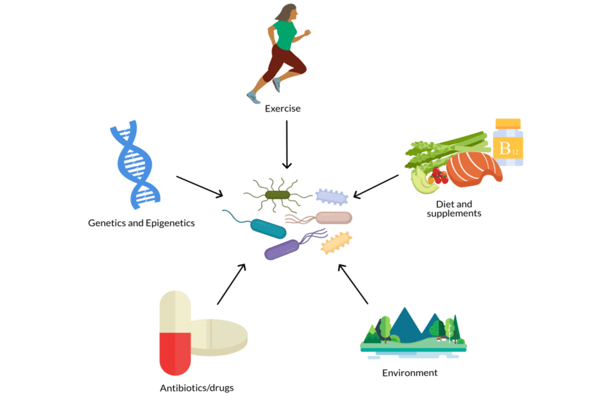
Genetic analyses uncover several genes that affect nutrient tolerance
The researchers discovered a number of genes that contribute to the ability of flies to handle sugar through genetic analysis. The majority of these genes are also found in humans and have been linked to obesity and type 2 diabetes in earlier genome-wide association studies.
“Fly studies allow for quick and low-cost functional studies to examine the genes in depth. We demonstrated, among other things, that the tailless gene (TLX), which had previously been studied exclusively from the standpoint of nervous system function and development, is required for appropriate sugar metabolism in flies” According to Havula.
In addition, the researchers demonstrated that the JNK pathway, one of the most important stress-signalling pathways, regulated sugar metabolism and storage-fat synthesis in the case of high-sugar diets in the study.
“It appears that dietary sugar causes stress to the cells, giving the JNK pathway an important role in how effectively flies tolerate and process sugar,” Havula says.
Can nutrigenomics assist the development of personalised nutrition?
The majority of the findings, according to the researchers, can be applicable to humans as well, though more research is required. According to Havula, the study gives tangible evidence that the same dietary guidelines do not always suit everyone.
“Increasingly, research-based knowledge demonstrates how metabolic responses to nutrition varies between animal populations and individuals. Traditional dietary recommendations are not always appropriate for everyone, which explains the ongoing lack of agreement on what constitutes a “healthy diet”.”
One possibility is to use nutrigenomics to produce nutrition in a more personalized manner. “Hopefully, type 2 diabetes and other metabolic illnesses will be managed in the future with nutritional planning based on individual genomic knowledge. This would be significantly less expensive than pharmacological therapy and, in the long run, would be better for people’s health “Havula says
Nutrigenomics has the ability to treat more than just typical metabolic illnesses. “Cancer cells, for example, have been shown to modify their metabolism, extending the promise of nutrigenomics to a wide range of sectors,” Havula adds.
